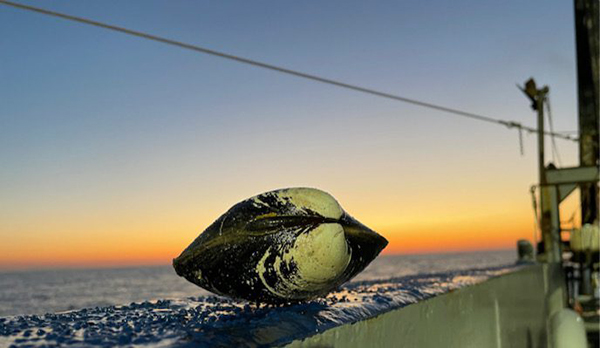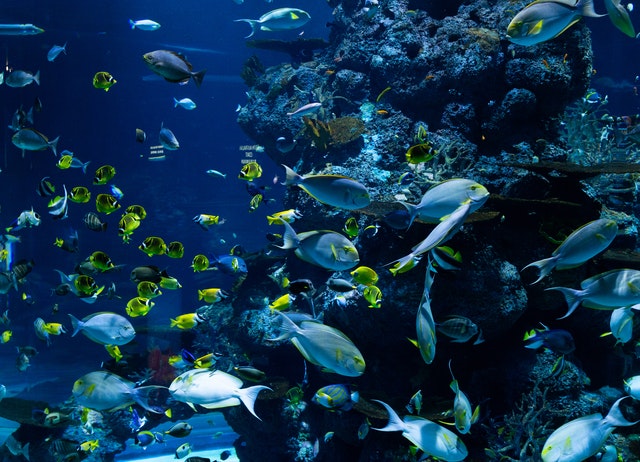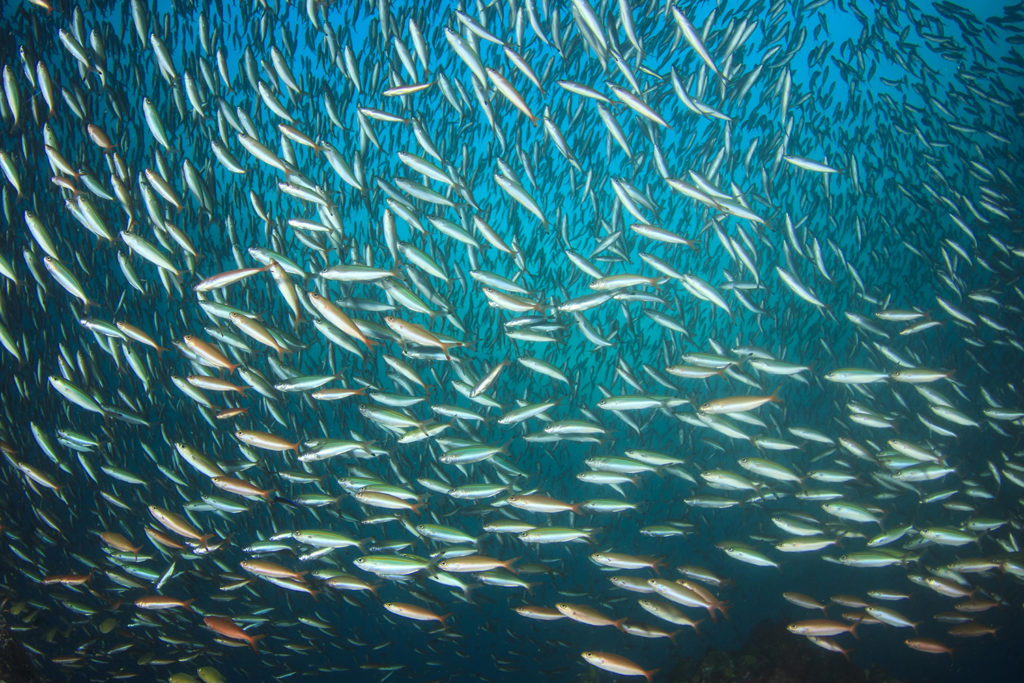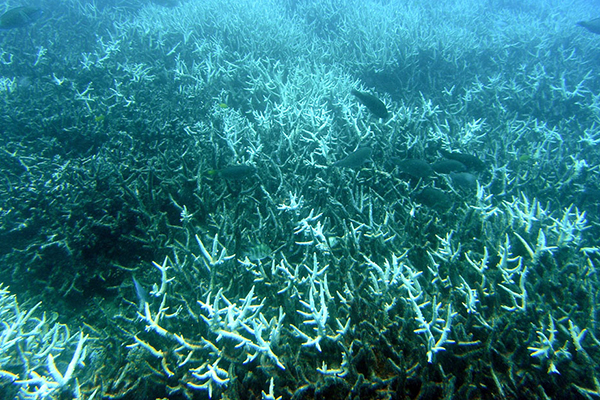Rate of ocean warming has ‘extensive consequences’ for the region’s ecosystems and fisheries, say researchers

Rapid 20th-century ocean warming in the Gulf of Maine has reversed long-term cooling that occurred there during the previous 900 years, according to a new study. The study, which was published Communications Earth & Environment, combined an examination of shells from long-lived ocean quahogs and climate model simulations.
“What this paper shows – both from the clams and also from the climate model simulations – is that in the late 1800s, there were some pretty dramatic changes and the Gulf of Maine began to warm, reversing 900 years of cooling that had been primarily driven by volcanos,” said Nina Whitney, lead author of the paper.
Scientists reconstructed 300 years of hydrographic variability in the Gulf of Maine by discerning geochemical records of oxygen, nitrogen and previously published radiocarbon isotopes from Arctica islandica (ocean quahog) shells from the Gulf of Maine. The ocean quahogs, which can live up to about 500 years and grow their shells in annual increments somewhat analogous to tree rings, were absolutely dated by the researchers and served as good recorders of ocean conditions, according to Whitney.
The chemical signatures from the shells provided researchers with a multi-proxy approach to study changes in ocean conditions. Oxygen isotopes served as a proxy for seawater temperature and salinity; nitrogen and radiocarbon isotopes were proxies for water mass source. The researchers put the geochemical results into a broader temporal and spatial context by analyzing fully-coupled climate model simulations from the Community Earth System Model-Last Millennium Ensemble.
“Both the clams and the climate model simulations suggest that greenhouse gas forcings are not only likely causing surface temperature changes affecting the Gulf of Maine, but also causing changes in ocean circulation,” said Whitney. “The pathways and the strengths of different ocean currents bringing water into the Gulf of Maine have changed as the region has warmed.”
Ocean acidification isn’t just a carbon story – it’s also about nitrogen
Given future projections of atmospheric greenhouse gas concentrations and Atlantic Meridional Overturning Circulation strength, the researchers say that this warming trend in the Gulf of Maine is likely to continue, leading to “continued and potentially worsening ecologically and economically devastating temperature increases in the region in the future.”
“The observed rate of warming in the Gulf of Maine over the last century has outpaced average global ocean warming,” said Caroline Ummenhofer, co-author of the study and associate scientist in WHOI’s Physical Oceanography Department. “This has extensive consequences for the region’s ecosystems and fisheries, and thus, for the local economy.”
Now that you've reached the end of the article ...
… please consider supporting GSA’s mission to advance responsible seafood practices through education, advocacy and third-party assurances. The Advocate aims to document the evolution of responsible seafood practices and share the expansive knowledge of our vast network of contributors.
By becoming a Global Seafood Alliance member, you’re ensuring that all of the pre-competitive work we do through member benefits, resources and events can continue. Individual membership costs just $50 a year.
Not a GSA member? Join us.
Author
Tagged With
Related Posts

Fisheries
Survey: Global warming is a ‘major barrier’ to sustainable fisheries management
A recent poll found that EU fisheries stakeholders regard global warming as a threat to sustainably managing fisheries in the future.

Health & Welfare
With warming waters, will fish suffer from oxygen deprivation?
A new study has found that larger fishes are more likely to experience oxygen deficiency in warming water than smaller species.

Responsibility
Study: Climate change will shuffle marine ecosystems in unexpected ways as ocean temperature warms
A study found that, as the ocean temperature warms, fish will continue to exist in certain areas but are not likely to be as abundant.

Responsibility
Study: 2021 breaks record for hottest ocean temperature
New research shows the ocean temperature in 2021 was the hottest ever recorded by humans, and the effects of ocean warming are "far-reaching."



